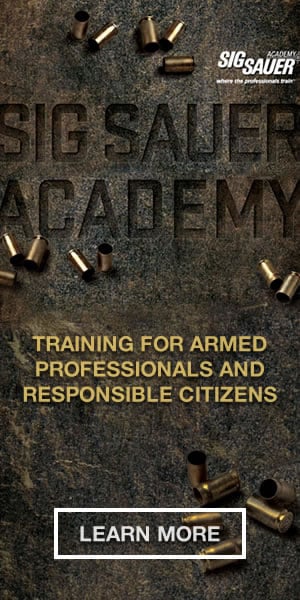When I taught women's self-defense classes a number of years ago, I always relayed to the students an incident that happened in Newark, Ohio approximately 40 years ago. I used the situation to impart a lesson about the importance of not dying over "stuff" or personal property.
Here is what happened. There was a major fire in a local drugstore warehouse. The employees made it out safe and un-injured. Two middle aged women who were friends that worked there suddenly realized that in their haste to get out they had left their purses inside. They decided to go back in together. They never made it back out.
They died trying to retrieve their stuff-things that could be replaced. The purses themselves, cash and credit cards, and assorted personal items. There were no cell or smart phones back them, no high dollar laptop computers or I-pads in those days. Even if there were, smart phones are certainly not worth dying for.
I made this point to my women's self-defense classes to help keep them from trying to retrieve stolen personal property should they escape from a personal attack, whether the attacked occurred in their home or on the street. Get clear of the scene of the crime and stay clear until police arrive.
The drug warehouse fire makes an additional point beyond just "it's only stuff". It also makes the point that sometimes if human beings don't plan in advance for critical events using some "what if" and "if-then" type of mental rehearsal exercises they may not react when under extreme stress in ways that the rest of us-viewing their actions from our living room armchairs-find rational. Running back into a burning building when you are out safely is one example. Many others abound.
One such event occurred two days ago. A married father of a 9 year old girl, who was the manager of a popular restaurant in Washington, D.C. succumbed to a gunshot wound on July 22 that he had suffered on July 7. It was a terrible tragedy that occurred for reasons that never will be definitively known, but can be speculated on as having something to do-at least in part-with trying to recover stuff by re-entering a still dangerous situation when you were clear of it.
According to news reports here is what happened.
The victim, Christian Broder, was 34 years old. He had attended a friend's wedding in Atlanta, Georgia, and had left the reception hall with friends. They were standing around awaiting an Uber ride. Two men in a white Dodge Charger approached them, and the group perceived them as their Uber ride-rather than a deadly threat. If they had called a licensed, marked taxi instead of an Uber, what was about to unfold might not have happened. One of the men exited the Dodge Charger, pointed a gun at the group, and demanded their money and valuables. The group gave up their stuff, and the gunman collected it from them. He then walked to back to the white Dodge Charger and got in.
It was over. It was time to exit the danger zone and get to the relative safety of the reception hall and get help-putting a bunch of distance between them and their robbers. Tragically, Christian Broder didn't do that. The next point is particularly important.
Let's say you were one of the people being robbed, and you had a CCW permit and were carrying a handgun. AND let's say that the robber got the drop on you-which can certainly happen-and prevents you from bringing your gun to bear while the crime is actually occurring. Once the robber returns to his vehicle and begins to leave it is not your job to capture him. Once you are out of jeopardy and the suspects are leaving, you won't be justified in the eyes of most judges and juries to confront them. "Stand your ground" also does not apply at this point as they have left your ground. You are also not in your home-where "stand your ground" was intended to be played out. If you as the permit holder acted any time during the robbery-when you were under immediate jeopardy-you would have been fine in terms of legality. But not once the suspect got back in the car to leave and you had the opportunity to get to a safer location.
Christian Broder wasn't a CCW holder nor was he otherwise armed. Instead of getting away from there, he followed the gunman back towards his car-for reasons we can never know. Maybe it was to get a better look at both of them for a later ID when police arrived. But it didn't matter because when he did that, the gunman turned around and shot Broder in the stomach. The gunman got in the car and the pair sped away. Broder had walked back into the fire.
Unfortunately Christian Broder suffered for 15 days before dying. He left his wife and daughter behind because he didn't seek immediate safety after being robbed. Instead he approached a man who had just held him at gunpoint while he himself was unarmed. And for what? His credit cards could have been cancelled and cash replaced (if he even had any on him), but his daughters father, and his wife's husband, can never be replaced.
Remember, stuff can be replaced. Even if it can't be replaced it is not worth dying over. I wear a ring that belonged to my late father. It was given to him by his father probably in 1942 or 1943. It is my most valued possession. But, if I was being robbed and unable to get the upper hand, in other words,if I was forced to surrender it, I would feel horrible. But if surrendering it meant I would stay alive, and my family would not be harmed, then I would do what needed to be done and let it go.
Have the same attitude. Plan now that if something like this happens to you, and you have lost property-stuff-in a mortally dangerous situation, that you will think tactically and put your life first. You won't go charging foolishly after it trying to recover things that can be replaced. Because in the end, it's all just stuff.


